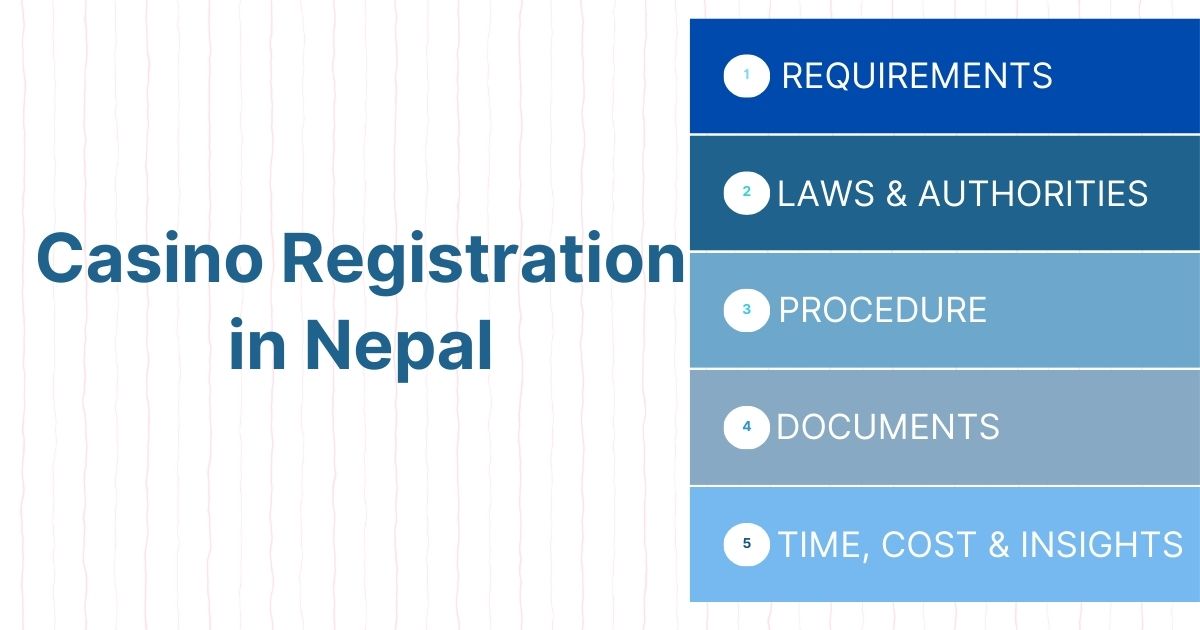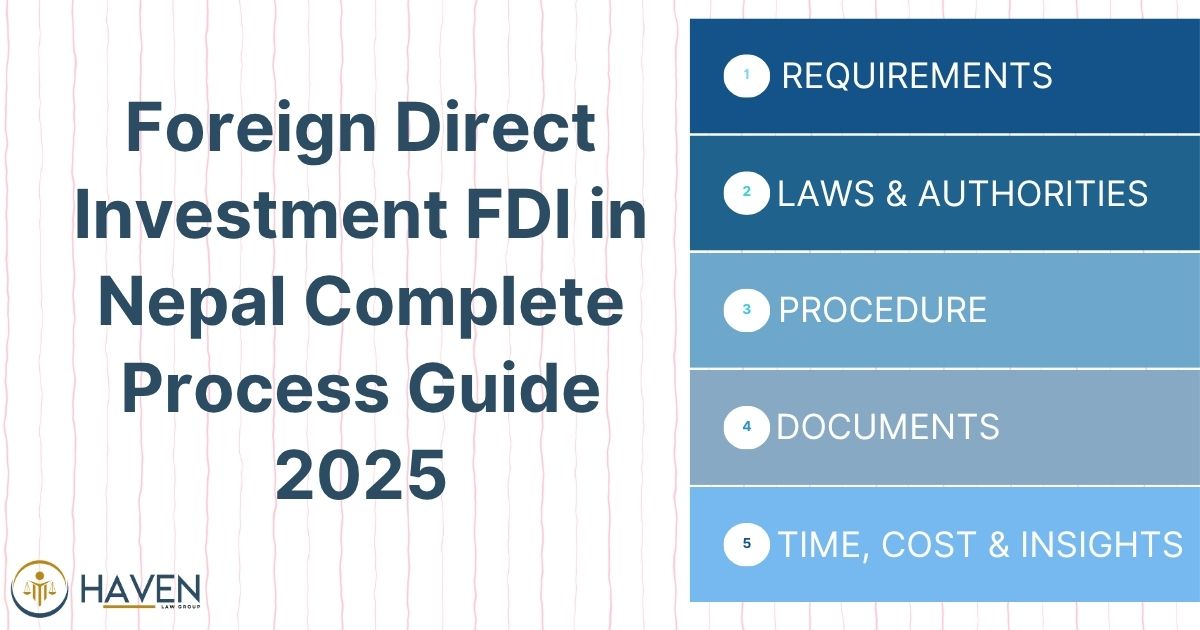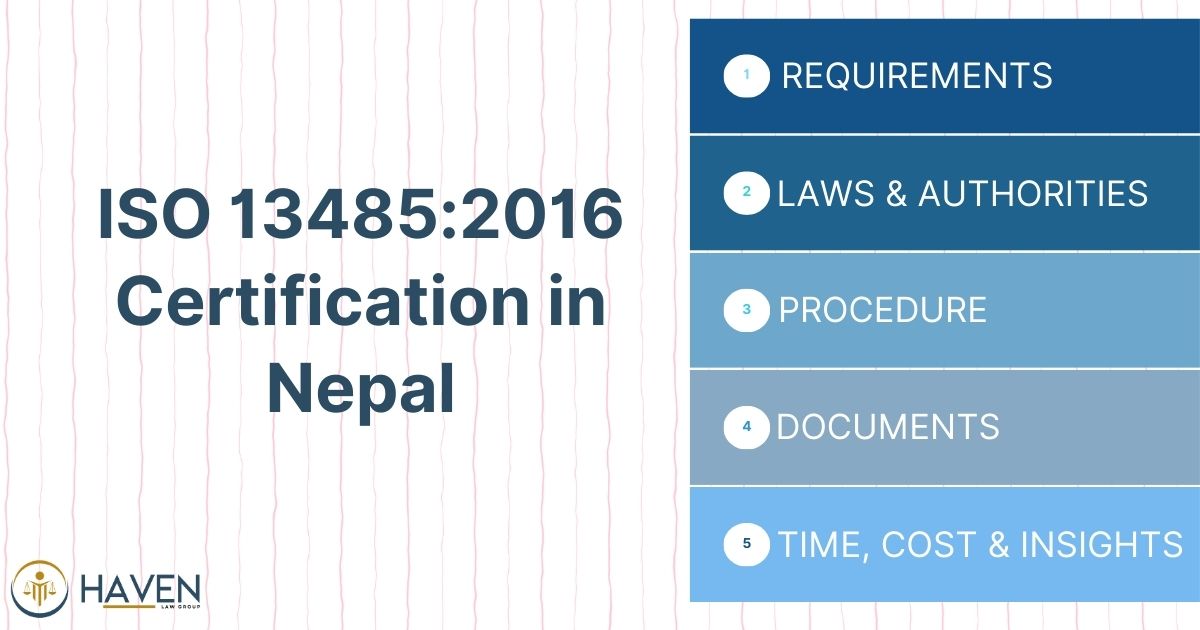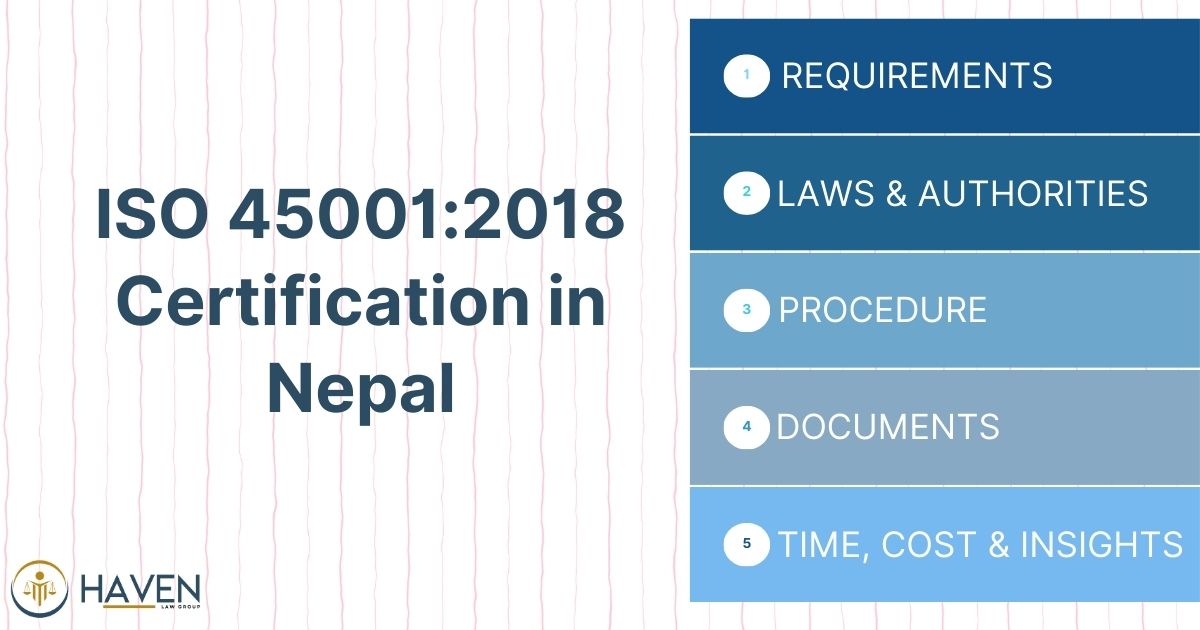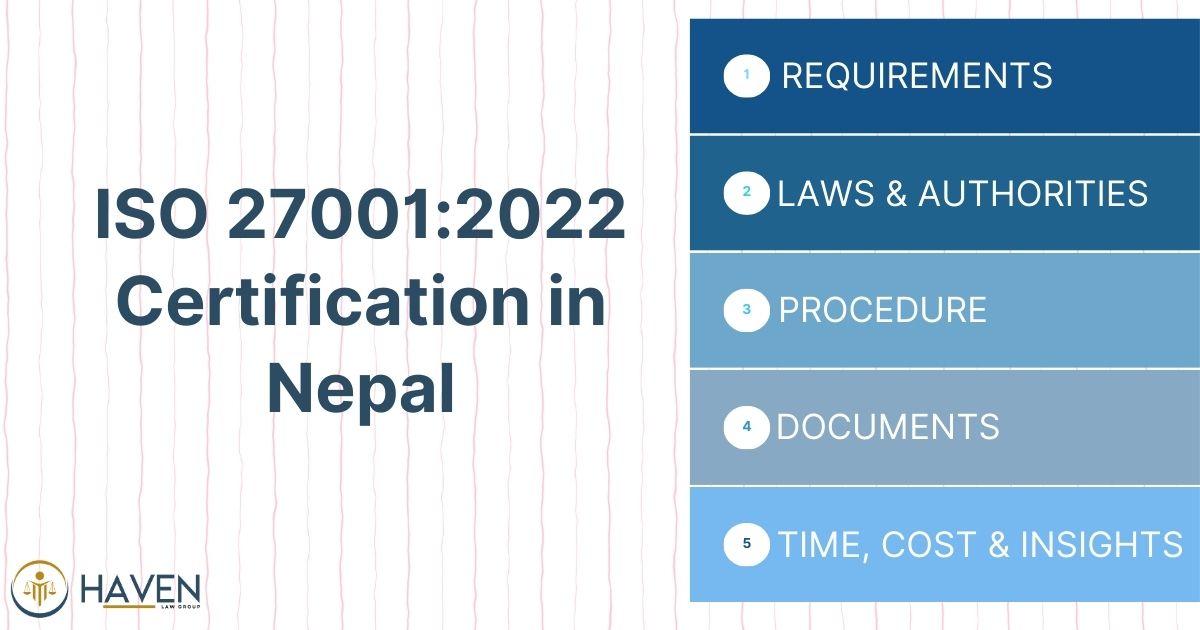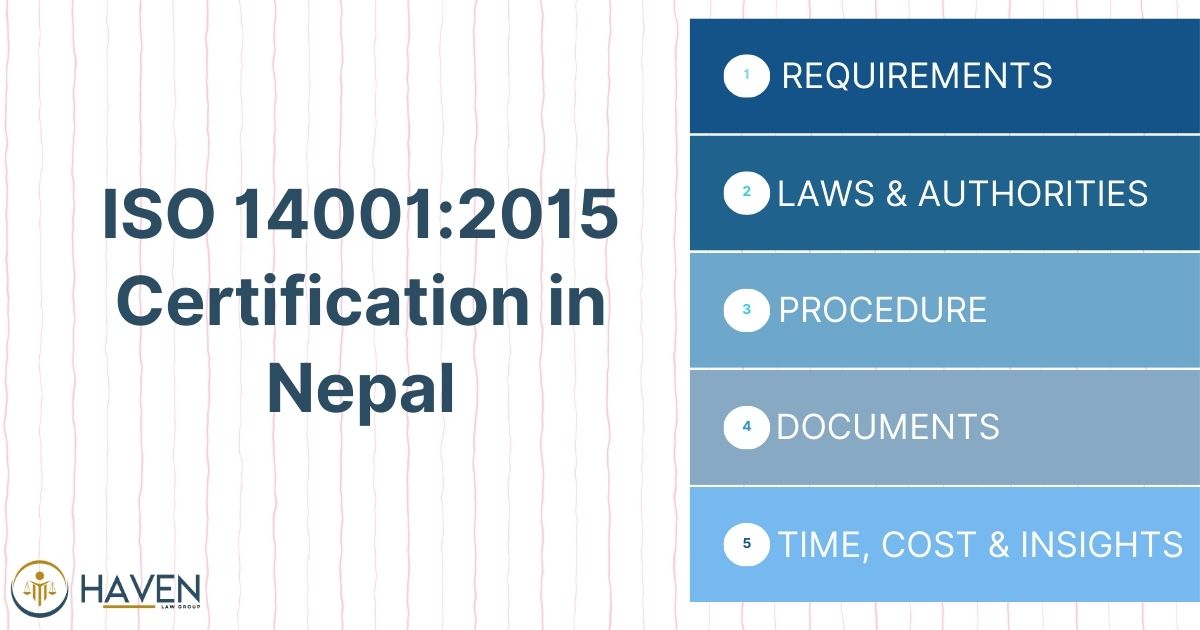Introduction
Non-Resident Nepalis (NRNs) play a crucial role in Nepal’s economic development through remittances and investments. The repatriation of funds by NRNs is a significant aspect of this contribution, governed by various laws and regulations in Nepal. This article provides a comprehensive overview of the legal framework, processes, and considerations for NRN fund repatriation in Nepal.
Legal Framework for NRN Fund Repatriation
Foreign Investment and Technology Transfer Act (FITTA) 2019
The Foreign Investment and Technology Transfer Act (FITTA) 2019 is a cornerstone legislation governing foreign investment in Nepal, including investments by NRNs. Key provisions related to fund repatriation include:
- Section 17: Allows repatriation of dividends and profits earned from foreign investments.
- Section 18: Permits repatriation of proceeds from the sale of shares or disinvestment.
- Section 19: Enables repatriation of royalties, technical fees, and management fees.
Nepal Rastra Bank Foreign Exchange Regulations
Nepal Rastra Bank (NRB), the central bank of Nepal, plays a crucial role in regulating foreign exchange transactions. Relevant regulations include:
- Foreign Exchange (Regulation) Act, 1962: Provides the overarching framework for foreign exchange transactions.
- Unified Directive 2078: Outlines specific procedures for foreign currency transactions and repatriation.
Non-Resident Nepali Act, 2064 (2008)
This act defines the rights and privileges of NRNs, including provisions related to investment and fund repatriation:
- Section 9: Grants NRNs the right to repatriate their investments and returns in convertible foreign currency.
- Section 10: Allows NRNs to open and operate foreign currency accounts in Nepali banks.
Processes for NRN Fund Repatriation
Opening a Non-Resident Nepali (NRN) Account
- Choose a commercial bank in Nepal authorized to handle foreign exchange transactions.
- Submit required documents, including:
- Valid passport
- Proof of NRN status (NRN card or relevant documents)
- Proof of foreign residency
- Source of funds documentation
- Complete the account opening forms and comply with Know Your Customer (KYC) requirements.
Transferring Funds to Nepal
- Use authorized banking channels for fund transfers.
- Provide necessary documentation to the sending bank, including:
- Purpose of transfer
- Relationship with the recipient (if applicable)
- Source of funds declaration
- Ensure compliance with anti-money laundering (AML) and combating the financing of terrorism (CFT) regulations.
Investing in Nepal
- Identify investment opportunities in line with FITTA 2019 regulations.
- Obtain necessary approvals from relevant government agencies, such as:
- Department of Industry
- Nepal Rastra Bank
- Investment Board Nepal (for large-scale projects)
- Transfer investment funds through proper banking channels.
- Maintain proper documentation of investments for future repatriation purposes.
Repatriating Funds from Nepal
- Submit a repatriation request to the commercial bank where the NRN account is maintained.
- Provide supporting documents, including:
- Proof of initial investment
- Tax clearance certificates
- Audited financial statements (for business investments)
- Board resolution for dividend repatriation (if applicable)
- Obtain approval from Nepal Rastra Bank for repatriation exceeding certain thresholds.
- Comply with applicable tax obligations before repatriation.
Legal Considerations and Challenges
Tax Implications
- Income Tax Act, 2058 (2002):
- Section 92: Withholding tax on dividends (currently 5% for resident individuals)
- Section 95: Tax on capital gains from share transfers
- Double Taxation Avoidance Agreements (DTAAs):
- Nepal has DTAAs with several countries, which may provide tax relief for NRNs.
- NRNs should consult the specific DTAA applicable to their country of residence.
Foreign Exchange Restrictions
- Annual repatriation limits:
- NRB may impose limits on the amount that can be repatriated annually.
- Current regulations allow repatriation of up to USD 1 million per fiscal year without prior NRB approval.
- Documentation requirements:
- Strict documentation is required to prove the legality of funds and compliance with tax obligations.
- Incomplete or inconsistent documentation may lead to delays or rejection of repatriation requests.
Sector-specific Regulations
- Banking and Financial Institutions:
- Banks and Financial Institutions Act, 2073 (2017) imposes additional restrictions on foreign ownership and repatriation in the banking sector.
- Hydropower:
- Hydropower Development Policy, 2058 (2001) provides specific guidelines for foreign investment and repatriation in hydropower projects.
- Tourism:
- Tourism Act, 2035 (1978) and its amendments outline regulations for foreign investment in the tourism sector.
Recent Developments and Future Outlook
Liberalization of Foreign Exchange Policies
Nepal Rastra Bank has been gradually liberalizing foreign exchange policies to facilitate easier fund repatriation. Recent measures include:
- Increased annual repatriation limit without prior approval.
- Simplified documentation requirements for smaller transactions.
- Introduction of online foreign exchange management systems.
Proposed Amendments to FITTA 2019
The government is considering amendments to FITTA 2019 to further streamline foreign investment processes, including:
- Automatic route for investments in certain sectors.
- Simplified approval processes for reinvestment of earnings.
- Enhanced protection for foreign investors, including NRNs.
Digital Currency Considerations
With the growing global interest in digital currencies, Nepal is exploring regulatory frameworks for:
- Potential introduction of a Central Bank Digital Currency (CBDC).
- Regulation of cryptocurrencies and their impact on fund repatriation.
Best Practices for NRN Fund Repatriation
- Maintain clear and comprehensive documentation of all investments and financial transactions.
- Stay informed about the latest regulatory changes and seek professional advice when necessary.
- Use authorized banking channels for all fund transfers to ensure compliance with regulations.
- Plan investments and repatriations strategically to optimize tax implications and comply with annual limits.
- Engage with NRN associations and networks to stay updated on policy changes and share experiences.
Conclusion
NRN fund repatriation in Nepal is governed by a complex web of laws and regulations, reflecting the country’s evolving approach to foreign investment and currency management. While the legal framework provides clear pathways for repatriation, NRNs must navigate various requirements and potential challenges.
The government of Nepal recognizes the importance of NRN investments and is working towards creating a more conducive environment for fund repatriation. However, it is crucial for NRNs to stay informed about the latest regulations, maintain proper documentation, and seek professional guidance to ensure smooth and compliant fund repatriation processes.
As Nepal continues to develop its economy and financial systems, the regulatory landscape for NRN fund repatriation is likely to evolve. NRNs should remain vigilant and adaptable to these changes, leveraging new opportunities while ensuring compliance with legal requirements.
By understanding the legal framework, following proper processes, and adhering to best practices, NRNs can effectively manage their investments in Nepal and contribute to the country’s economic growth while safeguarding their financial interests.
What is NRN fund repatriation?
NRN fund repatriation is the process of transferring money earned or invested in Nepal by Non-Resident Nepalis back to their country of residence, following specific legal procedures and regulations set by the Nepal government.
Who is eligible for NRN fund repatriation?
Non-Resident Nepalis who have legally invested in Nepal, earned income through business activities, or received inheritance are eligible for fund repatriation. This includes individuals of Nepali origin residing abroad and foreign citizens of Nepali descent.
What are the legal procedures for NRN fund repatriation in Nepal?
Legal procedures for NRN fund repatriation involve obtaining approval from Nepal Rastra Bank, submitting required documents, verifying the source of funds, and complying with foreign exchange regulations. The process may vary depending on the type of investment.
How can NRNs repatriate profits or dividends from Nepal?
NRNs can repatriate profits or dividends by submitting a repatriation request to Nepal Rastra Bank, along with necessary documents such as audited financial statements, tax clearance certificates, and board resolutions approving the dividend distribution.
Is there a limit on the amount NRNs can repatriate from Nepal?
There is no specific limit on the amount NRNs can repatriate from Nepal. However, the repatriation must comply with foreign exchange regulations and be proportionate to the original investment made in the country.
What documents are required for NRN fund repatriation?
Required documents for NRN fund repatriation include proof of investment, audited financial statements, tax clearance certificates, board resolutions, bank statements, and a formal application to Nepal Rastra Bank for repatriation approval.
Are there any tax implications for NRN fund repatriation?
Yes, there are tax implications for NRN fund repatriation. Repatriated funds may be subject to applicable taxes in Nepal, such as income tax or capital gains tax, depending on the nature of the investment and earnings.
How long does the NRN fund repatriation process take?
The NRN fund repatriation process typically takes 4-6 weeks, depending on the complexity of the case and the completeness of submitted documents. Delays may occur if additional information or clarification is required by authorities.
Can NRNs repatriate funds invested in real estate in Nepal?
NRNs can repatriate funds invested in real estate in Nepal, subject to certain conditions. The property must be sold, and necessary approvals obtained from relevant authorities before initiating the repatriation process through Nepal Rastra Bank.


